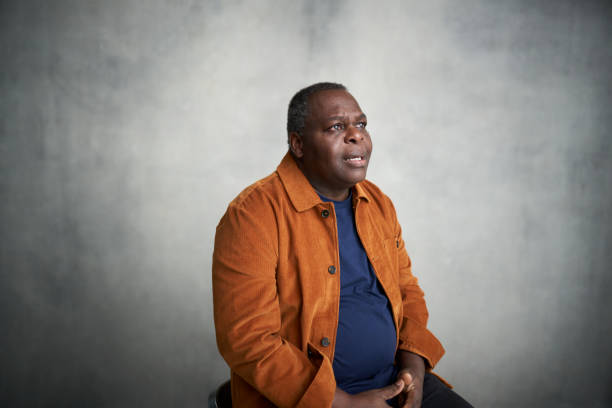
If you are living with bladder cancer, you may likely have to undergo surgery, which is the preferred first-line treatment for bladder cancer. Here's what you need to know about bladder cancer surgery and how to prepare.
What is bladder cancer surgery?
Bladder cancer is primarily done in adults and done after doctors have performed tests to determine in the cancer has spread.
During bladder cancer surgery, surgeons remove all or part of the bladder to eliminate a cancerous tumor. In some cases, the surrounding tissues and nearby lymph nodes may also be removed.
If your bladder has to be removed, you will need to undergo another surgery so that doctors can provide a method for urine to be transported from the kidneys to outside the body.
There are three different surgical approaches to treating bladder cancer, according to Verywell Health. Your healthcare provider will determine the type of procedure that is best for you based on the size and location of the tumor and the stage of the cancer.
Transurethral resection of bladder tumor (TURBT): The initial diagnostic procedure in most people with bladder cancer. TURBT procedure is used as a treatment method for some early-stage small or superficial cancers that have not invaded the muscle of the bladder.
Partial cystectomy: Partial cystectomy is also referred to as "bladder preservation surgery" because it involves removing only part of the bladder. This surgery is done infrequently in a few special situations when the tumor is small or easy to access. It may also be performed if the tumor has not spread, or if the tumor invaded the muscular layer of the bladder, but in only one place. With this option, you won't be required to undergo reconstructive surgery because you bladder remains, however, you may need follow-up surgery be to fully restore function.
Radical cystectomy: You may be recommended for this option if the tumors have spread to the muscle layer of the bladder (stage 2 and stage 3 cancers). With radical cystectomy the entire bladder, regional lymph nodes, as well as some other tissues, such as the layer of fat surrounding the bladder are removed. For those born female, the uterus, fallopian tubes, and sometimes the ovaries and part of the vagina may also be removed. For those born male, the prostate, seminal vesicles, and part of the urethra may be removed.
Urinary diversion procedures: If you have a condition such as Crohn's disease or ulcerative colitis, or have had tradition to your bowl, you may need urinary diversion to remove a section of the intestine.
How to prepare for surgery
Before your surgery (especially a cystectomy and urinary diversion), your healthcare provider will make sure you are healthy enough for surgery and an anesthetic through the following:
- Reviewing your medications (Blood thinners or aspirin, for instance, may need to be stopped for a period of time.)
- Blood tests to check on your kidney function as well as electrolytes
- Pulmonary function tests if you have lung disease
- An ECG, echocardiogram, or stress test if you have heart disease (and ECG is often done routinely for people over the age of 50)
If you are undergoing TURBT, you will need a urinalysis to ensure your urine is clear of white blood cells prior to your surgery.
If you are having urinary diversion surgery, you will be asked to do a bowel prep similar to one you may do for a colonoscopy beginning at least a day before surgery. This is similar to the procedure done prior to having a colonoscopy.
Navigating bladder cancer can be tricky, but with the right care and the help of your healthcare provider, you can find the best surgical procedure for your condition and lead a healthy life








